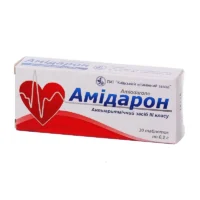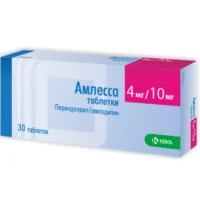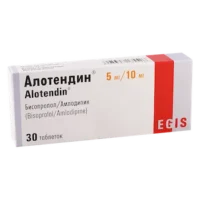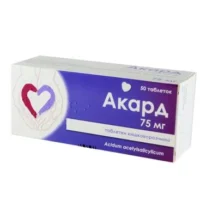Description
Nitrosorbid (Isosorbide Dinitrate) Tablets 10 mg №40
Ingredients:
- Each tablet contains 10 mg of isosorbide dinitrate.
Dosage:
- The usual dose is one tablet every 6 hours as needed for the prevention of angina pectoris.
Indications:
- Nitrosorbid tablets are indicated for the prevention and treatment of angina pectoris. They help reduce the frequency and severity of anginal attacks.
Contraindications:
- Avoid Nitrosorbid tablets if you have severe anemia, closed-angle glaucoma, or are taking medications for erectile dysfunction.
Directions:
- Swallow the tablet whole with a full glass of water. Do not crush or chew the tablet. Follow the dosage instructions provided by your healthcare provider.
Scientific Evidence:
Studies have shown that isosorbide dinitrate, the active ingredient in Nitrosorbid tablets, effectively dilates blood vessels, reducing the heart’s workload and improving blood flow to the heart muscle. This action is crucial in managing angina pectoris.
Research in the Journal of the American College of Cardiology demonstrated the efficacy of isosorbide dinitrate in improving exercise tolerance and reducing angina attack frequency in stable angina patients.
Additional Information:
- Avoid suddenly stopping Nitrosorbid tablets to prevent rebound angina. Gradually reduce the dose under medical supervision.
- Inform your healthcare provider about all medications you are taking before starting Nitrosorbid to prevent potential drug interactions.





